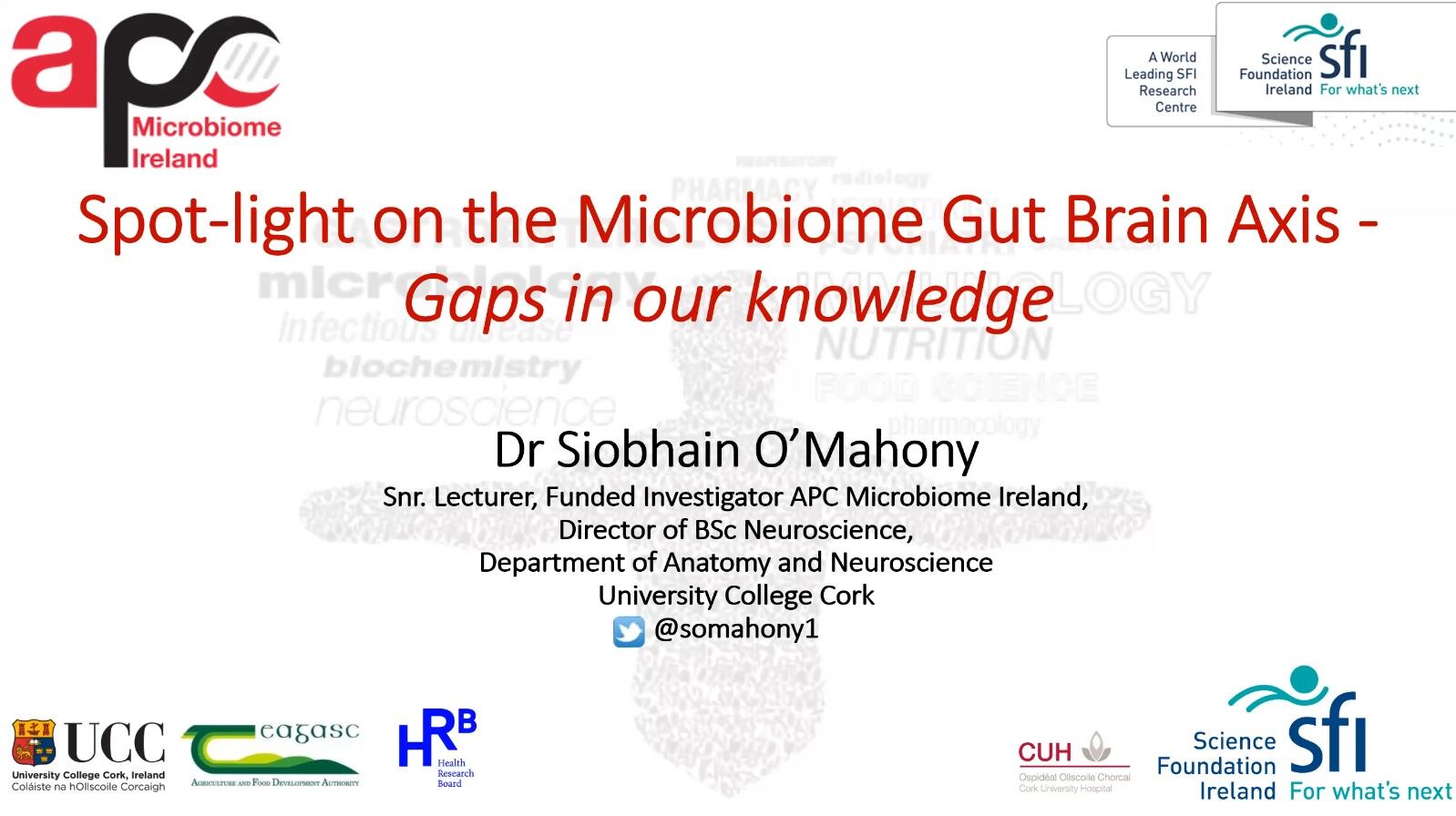The cross-sectional study ‘A population‑based study of macronutrient intake according to mental health status with a focus on pure and comorbid anxiety and eating disorders’ evaluated the relationship between macronutrient intake and mental health status, with a specific focus on anxiety and eating disorders (ED).
Scientists uncovered some significant differences in macronutrient intake, although observations were largely dependent on ED type.
Findings revealed a link between cholesterol and pure hyperphagic (HP), where intake was nearly 20 mg/day higher than the ‘no disorder’ group.
Reduced dietary diversity typical of anorexia was observed in subjects with comorbid restrictive (RS) eating behaviour, compared with the pure form, and researchers also noted differences in fibre intake between mental health status and ED forms.
Paucity of research
Mental health disorders have a negative impact on daily life and are frequently associated with comorbidity. As global mental health declines, there is urgent need for more research into the mechanisms linking these conditions, the authors write.
Comorbidity can lead to increased symptom severity, poorer health outcomes, and reduced quality of life.
Previous research revealed a decrease in total calorific intake and increase in sugar consumption among young adults with anxiety symptoms, however there is a distinct paucity of research on macronutrient intake and anxiety.
The report states that: “Despite reported associations between trait anxiety and food/nutrient intake, possible mediating and/or moderating effects of anxiety regarding ED, and the high ED-anxiety comorbidity, no study, to our knowledge, has investigated dietary/nutrient intake among individuals with such comorbidity.”
Study protocol
Participants 18 years and over were recruited from the general population through the French web-cohort NutriNet-Sante.
Recruits were asked to fill in a set of five questionnaires at inclusion and yearly over 13 years. Data was gathered on socio-demographic and lifestyle characteristics, anthropometrics, physical activity, diet, and health status.
Further questionnaires on nutrition or health-related were completed per month, as part of follow-up.
Key observations
Researchers examined macronutrient intake according to mental health status (no disorder, pure and co-morbid anxiety, and ED).
Significant differences were observed in macronutrient intake between the pure and comorbid forms, especially for restrictive (RS) and hyperphagic (HP). Restrictive disorders included anorexia nervosa (AN), bulimic disorders, and binge-eating disorders (BED).
Compared to the ‘no disorder’ group, a significantly higher percentage of energy from carbohydrates, higher intakes of total carbohydrates, simple sugars, and plant-based protein, lower intakes of total fat, saturated and monounsaturated fatty acids, and cholesterol were observed in the comorbid anxiety plus RS group but were not observed in the pure RS group.
This suggests that “that dietary homogeneity (eg exclusion of red meat and meat products) is more pronounced in the case of comorbidity”, they write.
In contrast, significantly lower intake of added sugar and plant-based protein, and a higher intake of cholesterol were observed in the pure HP group, but not in the comorbid anxiety with HP group. For bulimic (BL) and other ED, similar results were observed between the pure and comorbid forms.
Additional findings revealed that fibre intake was higher in both pure and comorbid RS, whereas the pure anxiety group had a significantly lower fibre intake in comparison with the ‘no disorder’ group.
The authors assert that future studies are needed to clarify causality and the “potential effect modification of the observed associations”.
Source: European Journal of Nutrition
Published online: https://doi.org/10.1007/s00394-022-02923-x
‘A population‑based study of macronutrient intake according to mental health status with a focus on pure and comorbid anxiety and eating disorders’
Authors: Junko Kose et al.




